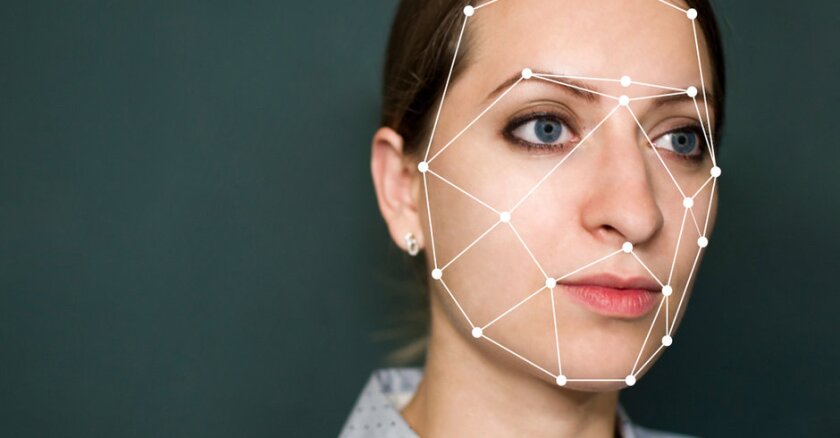Rep. Angela Brennan, D-Bow, the prime sponsor of House Bill 1596, testified in a public hearing before the House Election Law Committee last month that emerging technology makes it more important than ever that lawmakers pass such legislation.
“In an age of rapidly advancing technology and an ever increasing rise in disinformation, the 2024 election is a perfect storm ripe for dirty tricks,” she said. “The dissemination of disinformation is detrimental to our democracy and we must do something about it.”
N.H. Secretary of State David Scanlan also spoke in support of the bill, saying there is growing concern about deep fakes used in political propaganda.
“I can tell you this is at the forefront of the minds of every secretary of state in the country,” he said. “New Hampshire is actually at the forefront of actually having an incident with artificial intelligence actually impacting an election.”
More than 5,000 New Hampshire residents received robocalls two days before the state's Jan. 23 presidential primary featuring a fake voice simulating President Joe Biden and urging people not to vote, according to N.H. Attorney General John Formella.
Biden’s name was not printed on the ballot, but he won New Hampshire’s Democratic Primary easily as a result of a write-in campaign, organizers of which condemned the robocalls. He did not file as a candidate in New Hampshire because the election was set for a date in conflict with the Democratic National Committee's schedule.
Formella said his office has launched a voter suppression investigation has been launched against Texas-based Life Corp., and its owner Walter Monk. The attorney general said Monk and his company were responsible for the calls. No criminal charges have been filed and Monk has not responded to requests for comment.
House Bill 1596 targets people and organizations that distribute deep fakes involving a candidate on an upcoming ballot in New Hampshire. It would apply within 90 days of elections in the state.
Under the bill, a candidate targeted by such a fake could bring a legal action for damages against whoever was behind the false material.
©2024 The Keene Sentinel, Distributed by Tribune Content Agency, LLC.








